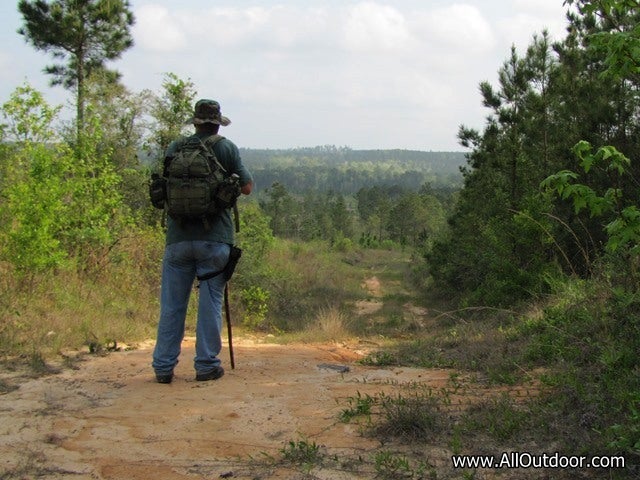How the Trump Presidency Has Affected Prepping
Kevin Felts 09.12.18

Before we talk about the Trump Presidency, let’s go back to just about to any time period the reader can think of. This could be during the last Ice Age, Middle Ages, or even the Cold War.
What we call modern prepping has been a way of life for millennia – stockpile during the good times in hopes of getting through the lean times.. However, what happens when there are no foreseeable lean times?
During the last Ice Age, our ancestors followed herds of wild animals. It was a life of true to the words feast or famine.
Sometime around 10,000 years ago, our ancestors domesticated livestock and developed agriculture. No longer was the human race dependent upon hunting and foraging. However, our ancestors were still a drought, flood, or crop failure away from starving.
Then came along various wars, conflicts, plagues… until we arrive in the mid-late 1900s and the Cold War. As the curtains were drawn on the Cold War, humanity, for the first time in an eon had no clear and present danger.
The only real worry was some kind of biological attack, something like a dirty bomb, or a stagnated economy. Starting in the 1970s wages started to stagnate and the middle class began to erode.
One of the greatest problems facing our nation from the early 1980s – 2010s was blue collar workers finding gainful employment that allowed people to start families and buy a home.
Then along came President Trump with his reforging of trade agreements and tariffs.
In a Sign of the Economy’s Strength, Jobs and Wages Moved Higher in August.
Employers fattened payrolls by 201,000 jobs; the jobless rate remained under 4 percent, near territory not seen since the 1960s; and average hourly earnings rose by 10 cents, up 2.9 percent from a year earlier.
While the Bureau of Labor Statics says the unemployment rate is under 4%, some sources say we have reached negative unemployment.
There now are more job openings in the U.S. than unemployed workers to fill them.
The labor market has hit a tipping point that should help boost wages: There are more job openings in the U.S. than unemployed workers to fill them.
It’s the first time that has happened since the government began tracking job openings in 2000.
Regardless of whether we have a negative unemployment rate, or 4%, one thing is for sure, things are looking pretty good.
What does this mean to prepping?
Historically, concern of a clear danger has driven prepping. Whether it was our ancestors 10,000 years ago storing grain, or granny putting up fig preserves in the 1960s, there was something that concerned them.
With President Trump working towards peace with North Korea (which still has to be seen), thriving economy, renegotiating trade agreements, where is the clear danger? Everyone from our ancestors in the last Ice Age to granny knew we were just one hardship away from starving.
- The Cold War is over.
- Economy is booming with near record setting unemployment rates.
- Relations between the world super powers seem to be good.
So what is there to prep for, besides the occasional natural disaster?
What has the Trump Presidency done to prepping? With no clear or foreseeable danger fewer people are prepping and this could be very bad. A lot of people do not see a snake in the grass until the step on it.
This is an example of the “hot hand fallacy.” Things are going good, so we expect things to continue. We should all know some story of a gambler who is having a streak of good luck, so they keep betting more and more with each hand. Eventually fate turns and the gambler loses everything.
By not prepping, we are gambling on the world economy and government relations to continue at their present state.